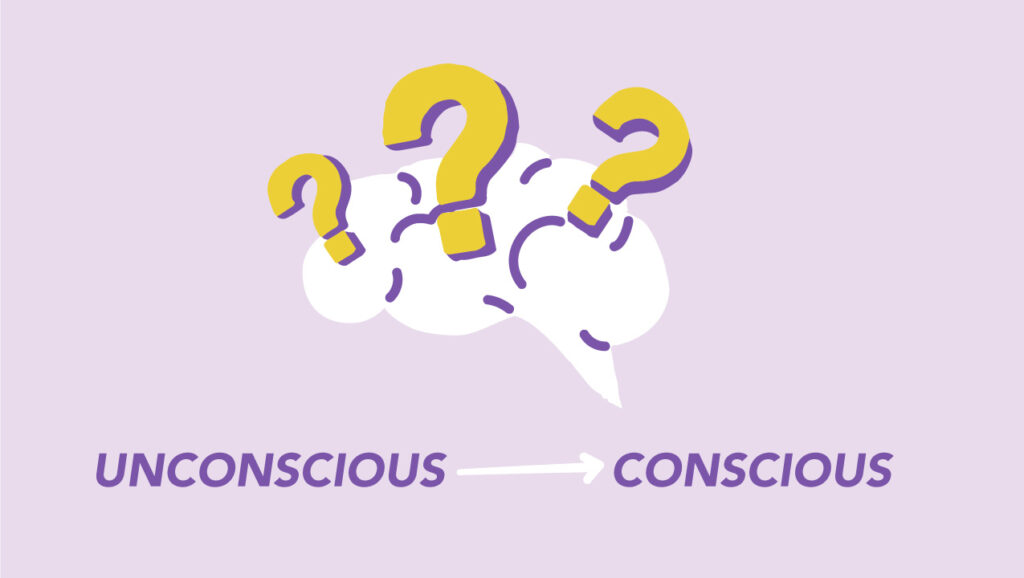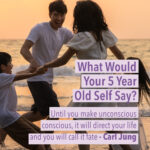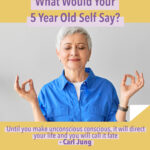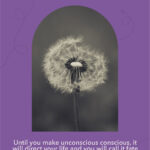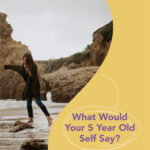I heard this quote today and I imagined Carl Jung’s ? saying it on a TED stage, dropping the ? and vanishing. To make the unconcious, concious, may be the key to wellness and gaining control over our lives.
This quote beautifully sums up the most fundamental principle of Stress School. That your stress response (as well as most of your habits and behaviors) are autonomic reactions developed during your childhood that now invisibly and omnipotently run your life. In Jung’s time (and in many academic circles today) they called the domain of these automated reactions the unconscious.
I tend not to use the terms conscious-unconscious because of the cultural baggage now associated with them. That baggage disempowers students because their preconception of the unconscious is either that it’s inaccessible (and therefore impossible to connect with) or a bunch of metaphysical Freudian pseudoscience (and therefore bullshit).
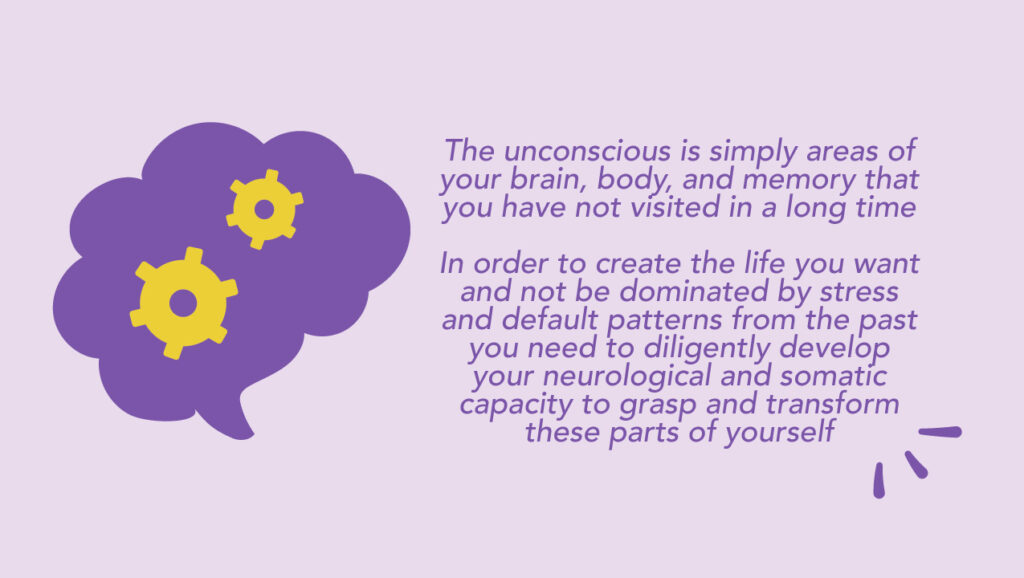
The unconscious is neither impossible nor bullshit. It is simply areas of your brain, body, and memory that you have not visited (and for many, not wanted to visit) in a long time. As such, you don’t remember how to get there and it seems unfamiliar when you arrive.
In order to create the life you want and not be dominated by stress and default patterns from the past, you not only need to recognize these past (yet present) aspects of yourself… you also need to diligently develop your neurological and somatic capacity to grasp and transform these parts of yourself. In other words, knowing is NOT half the battle. It’s the first shot. 99% of “the battle” is the practical application of transformational techniques.
Stress School provides an array of methods and techniques for compassionately and competently engaging with your brain and body. Our goal is that you become the Parent-Leader of your life, instead of the Child-Reactor to life.
For today, you may want to try the following:
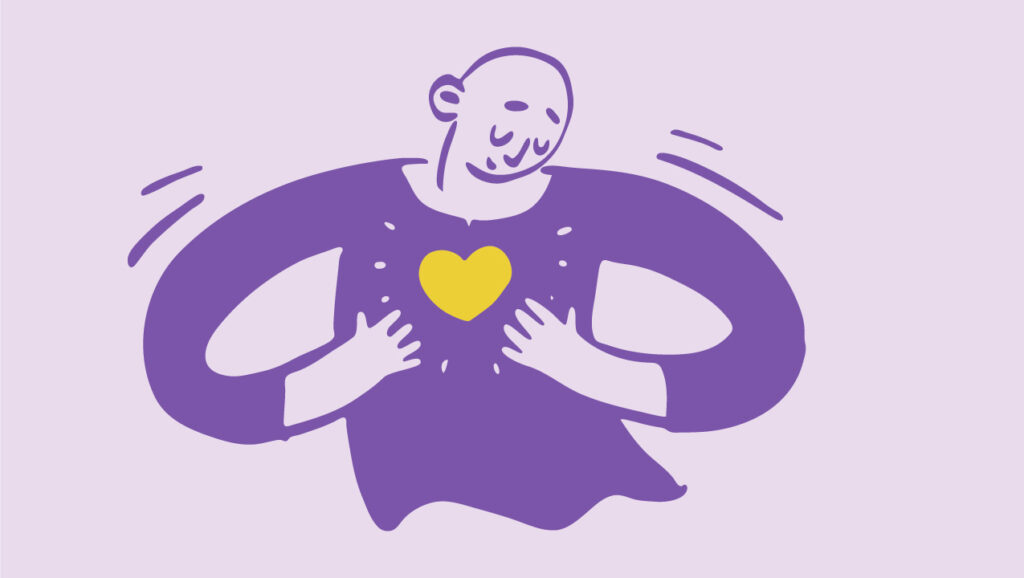
Pretend you are a child, around age 5 (which is not far off for most of us : )). While in this mindset, observe every stressful or emotionally charged reaction you have today. Then check in with your 5-year-old self. Why is he/she/they stressed or responding emotionally? The key to this is to listen for answers that a 5-year-old would give. Ya know, like, “because I am afraid we are going to get in trouble,” or “they don’t like me,” or “I don’t want to!”
If you get a response like “they are being disrespectful” or “because they should know I can’t add more to my plate right now,” you have fallen back into the adult mode and are missing the opportunity of the exercise.
As a Parent-Leader, how can you attend to the needs of your 5-year-old self? Do you feel different when you do?
To find out more about how to make the unconcious, concious, click here.
Footnote: I heard this quote today on @onbeing with @Jerry.colonna, great podcast, great ep! And thanks to my @gilography for sharing it with me.}

